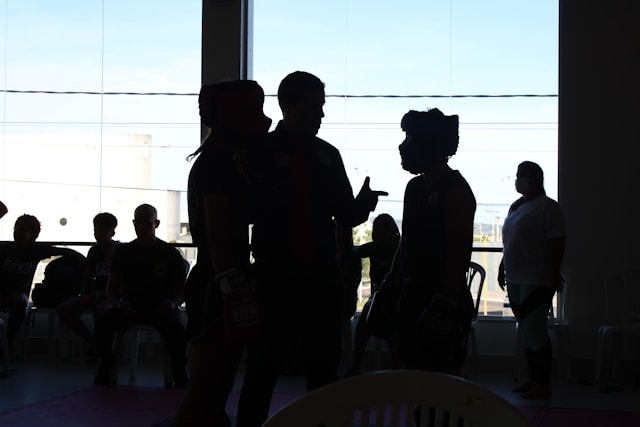Deeditt
How to Transform Frustration into an Act of Self-Love
Sometimes, the path we take in our careers or personal projects leads us to unexpected places, where passion is overshadowed by overload, lack of recognition, and emotional exhaustion. I found myself in a situation where my boundaries were repeatedly tested, forcing me to reconsider my commitment an...…
in
Inspiration
We all have biases about someone or something, but we shouldn't
Have you ever found yourself mentally labeling someone based on their appearance, the way they speak, or how they dress without even realizing it? This small, automatic judgment, often imperceptible, is a natural human response. But when we don’t question it, it can become a barrier that limits our...…
in
Authentic Connections
The daily roller coaster: how to find balance between stress and joy
Each day begins with the weight of responsibilities, an endless to-do list, and the inevitable stress of work and routine. However, throughout the day, there are also moments of happiness: an unexpected laugh, a peaceful cup of coffee, a comforting hug. So why does it often feel like those joyful mo...…
in
Personal Growth
Learning to make firm decisions without fear of others' judgment
In our daily lives, we face decisions that may seem small but have a profound impact on our peace of mind and relationships. Saying “no” or choosing a path others may not agree with can create tension, but it’s also a powerful way to honor our needs and values.
Many times, the fear of judgment or...…
in
Personal Growth
Helping without applause: a lesson in gratitude and detachment
Have you ever felt frustrated because your goodwill went unnoticed? Perhaps you offered help, dedication, or time, but all you received was silence or, worse, indifference. This dilemma is more common than we think and can strain even the closest relationships.
Helping others is an act that, at it...…
in
Authentic Connections
The power of redefining failure: how changing your perspective can drive growth
Our current society glorifies instant success, failure is often seen as a flaw, a sign of incompetence, or proof that we are not "good enough." This mindset leads many to avoid risks, fearing the judgment that comes with not meeting expectations. But what if we could redefine failure? What if, inste...…
in
Personal Growth
Featured
Popular Tags
Motivation
Learning
featured
Knowledge
Self-Improvement
Inspiration
Positive Actions
Happiness
Discovery
Growth
Balance
Social Media
Challenges
Redefinition
Authenticity
Connection
Truth
Positive Attitude
Digital Age
Success
Community
Mindset
Positive Content
Critique
Patience
Goals
Empathy
Psychology
Change
Journey











